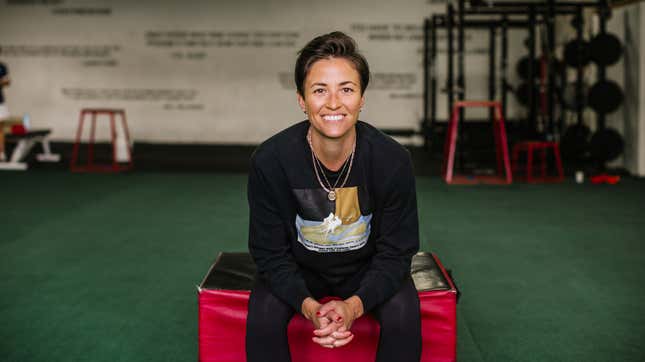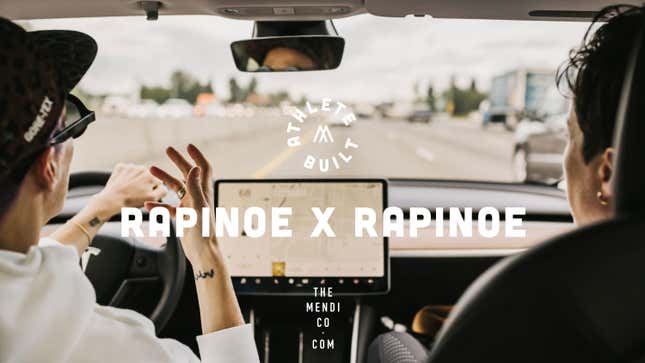Rachael Rapinoe's Vision for Equity in Women's Sports (Through the Awesome Power of CBD)
Latest
Image: Rachael Rapinoe
“Women have to be a lot more creative, and it’s not just recovery, it’s with their training,” Rachael Rapinoe tells me over the phone, after a question about the pay gap between men and women athletes. Men, she explains, have access to a gym in “pretty much any city… not just a gym, a private gym, private workout facilities. Everything is handled for them. It’s a lot easier for them to be able to go and train on their own with no disruptions.” But for top women athletes, like her twin sister Megan Rapinoe, a World Cup Champion and Olympic gold medalist, accessing training tools is much harder. Where men have endless resources provided to them through the infrastructure of their teams and leagues, women are largely on their own outside of training camp dates.
-

-

-

-

-

-

-

-

-

-

-

-

-

-

-

-

-

-

-

-

-

-

-

-

-

-

-

-

-

-

-

-

-

-

-

-

-

-

-

-









































